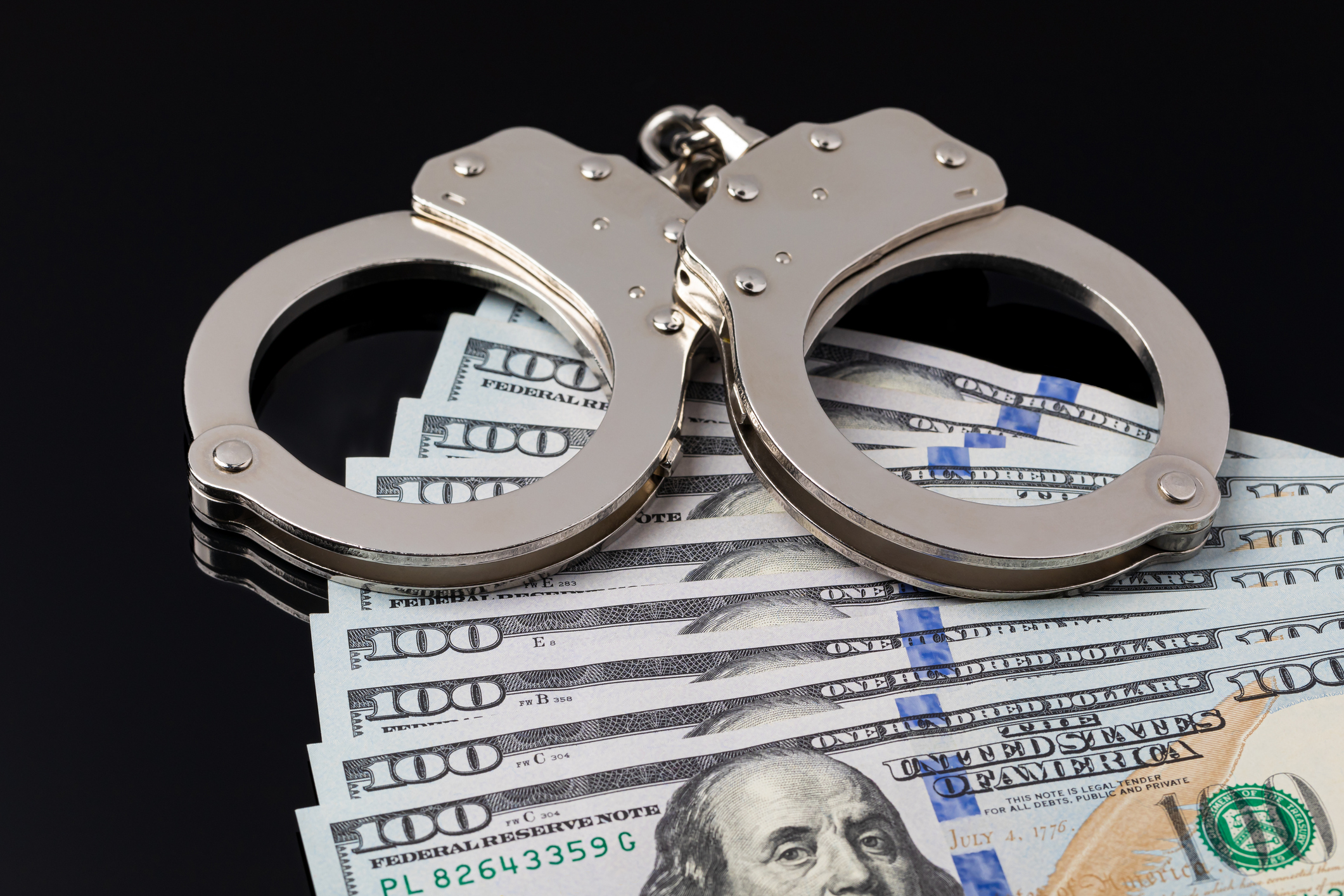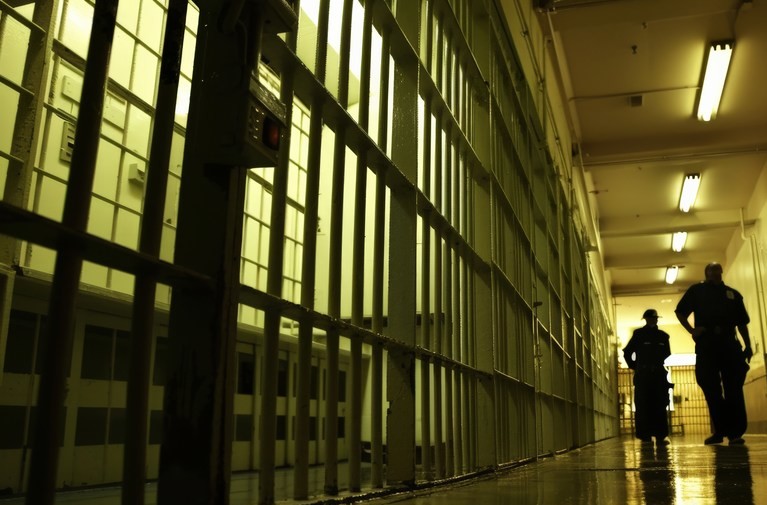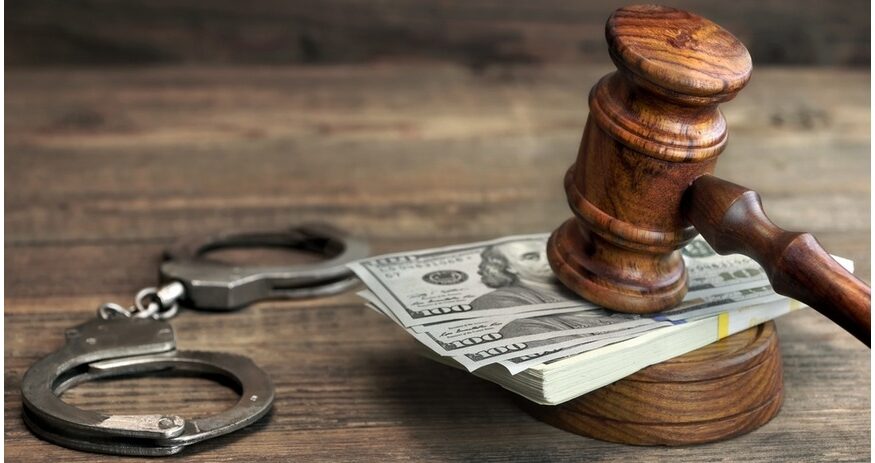Introduction: Why Bail Reform is Back in the Spotlight
The debate over bail reform has ignited once again. With former President Donald Trump’s 2025 executive order targeting cashless bail battles, states like New York and New Jersey are now at the center of a national legal storm.
For defendants, criminal defense lawyers, and families, this is not just a policy debate — it’s about freedom before trial, fairness in the justice system, and whether poverty should dictate someone’s fate behind bars.
Table of Contents
What Is Cashless Bail?
Cashless bail, also called bail reform, allows defendants to be released before trial without paying cash — unless they are deemed a public safety risk.
- Supporters argue it prevents discrimination against low-income defendants who cannot afford bail.
- Critics claim it increases crime rates by releasing dangerous offenders.
In 2025, Trump’s executive order directly challenges state-level reforms, reopening the fight over this controversial policy.
Trump’s 2025 Executive Order Explained
In January 2025, Trump signed an executive order that pressures states to roll back or limit cashless bail laws. The order:
- Encourages federal funding cuts for states with broad bail reform.
- Expands judicial discretion, allowing judges to set cash bail more often.
- Pushes states to reconsider laws that automatically release defendants without bail hearings.
For New York and New Jersey, both of which pioneered bail reform, this creates uncertainty and sparks new cashless bail battles in courts and legislatures.
How New York Is Responding
New York’s bail reform, passed in 2019, has already been amended multiple times after public pressure over rising crime. With Trump’s executive order:
- Lawmakers face pressure to further restrict eligibility for cashless bail.
- Defense attorneys warn that thousands of low-income defendants could end up jailed pre-trial for minor offenses.
- Civil rights advocates argue the rollback disproportionately harms Black and Latino communities.

How New Jersey Is Affected
New Jersey was one of the first states to replace cash bail with a risk-based assessment system in 2017. Trump’s 2025 order challenges this model by:
- Incentivizing judges to impose cash bail in more cases, even when risk scores are low.
- Raising concerns about overcrowding in jails.
- Sparking legal battles between state courts and federal directives.
Live Example: A Defendant Caught in the Middle
Consider this: In Newark, New Jersey, a 22-year-old defendant charged with simple drug possession would normally be released under the state’s risk assessment system. After Trump’s executive order, prosecutors pushed for cash bail, and a judge set bail at $5,000 — a sum the defendant’s family could not pay.
👉 The result? He sits in jail awaiting trial, while wealthier defendants accused of more serious crimes walk free.
This real-life scenario shows how quickly executive actions can disrupt the promise of equal justice.
What Defense Lawyers Need to Know
For criminal defense attorneys in New York and New Jersey, the cashless bail battle is not just political — it’s practical:
- File motions challenging excessive bail under constitutional grounds (Eighth Amendment).
- Document financial hardship of clients to push for bail reductions.
- Leverage state-level protections that remain intact despite federal pressure.
Why This Matters for Defendants and Families
For defendants, the stakes are high:
- Freedom vs. incarceration before trial
- Ability to keep jobs and support families
- Fair trial preparation with access to defense resources
The cashless bail debate highlights a bigger truth: justice should not depend on the size of your bank account.

YouTube Resource 📺
For a quick breakdown of bail reform battles, check out this explainer video:
👉 YouTube: “Cash Bail vs. Bail Reform – What’s at Stake?”
Conclusion: The Future of Cashless Bail Battles
Trump’s 2025 executive order has reignited the cashless bail battles across the United States, with New York and New Jersey at the frontlines. Defense lawyers, advocates, and families must remain vigilant as policies shift.
Whether reform endures or rolls back, one thing is certain: the fight over cashless bail is ultimately a fight over fairness, equality, and constitutional rights.


Leave a Reply to Admin Cancel reply